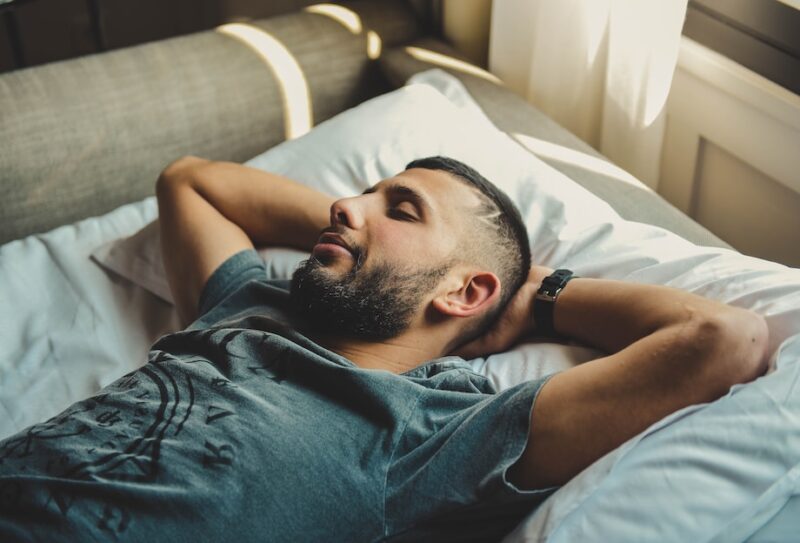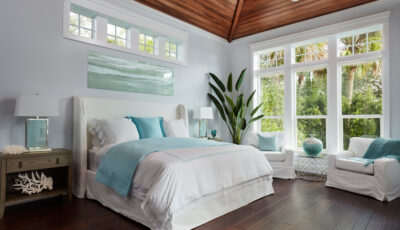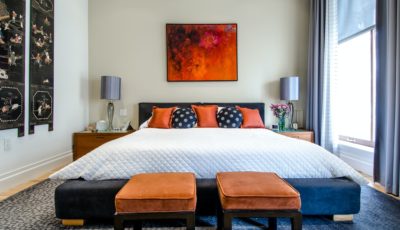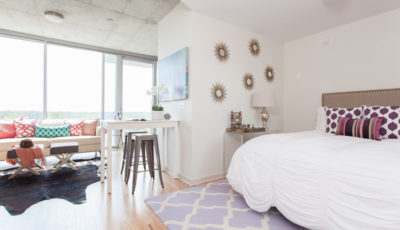Ways to Optimize Your Bedroom for Better Sleep
Is there anything more satisfying than waking up in the morning after a good night’s sleep? But so many people suffer from sleep disorders, robbing them of wellbeing and alertness.
Since 1942, Americans have lost a lot of sleep — 13% to be exact. The modern world’s constant noise and light, combined with increasing stress levels have robbed people of one of the most important pillars of health: sleep. Many turn to sleep aids and while that’s a silver bullet solution, some sleep aids can be addictive.
Melatonin is a hormone, released in greater quantities after dark, making us drowsy. For some, melatonin in prescription form can be helpful. But optimizing your bedroom for better sleep will help to regulate your sleep patterns by improving your “sleep hygiene.” So let’s review some ways to care for your sleep with changes to your bedroom and how you approach your nightly rest.
The “Goldilocks” Solution
Your mattress can either help or hinder you and everyone has their own preference. Is your mattress too hard? Too soft? If it’s not “just right,” then you need the Goldilocks solution! And you don’t always need to buy a new mattress to get what you need.
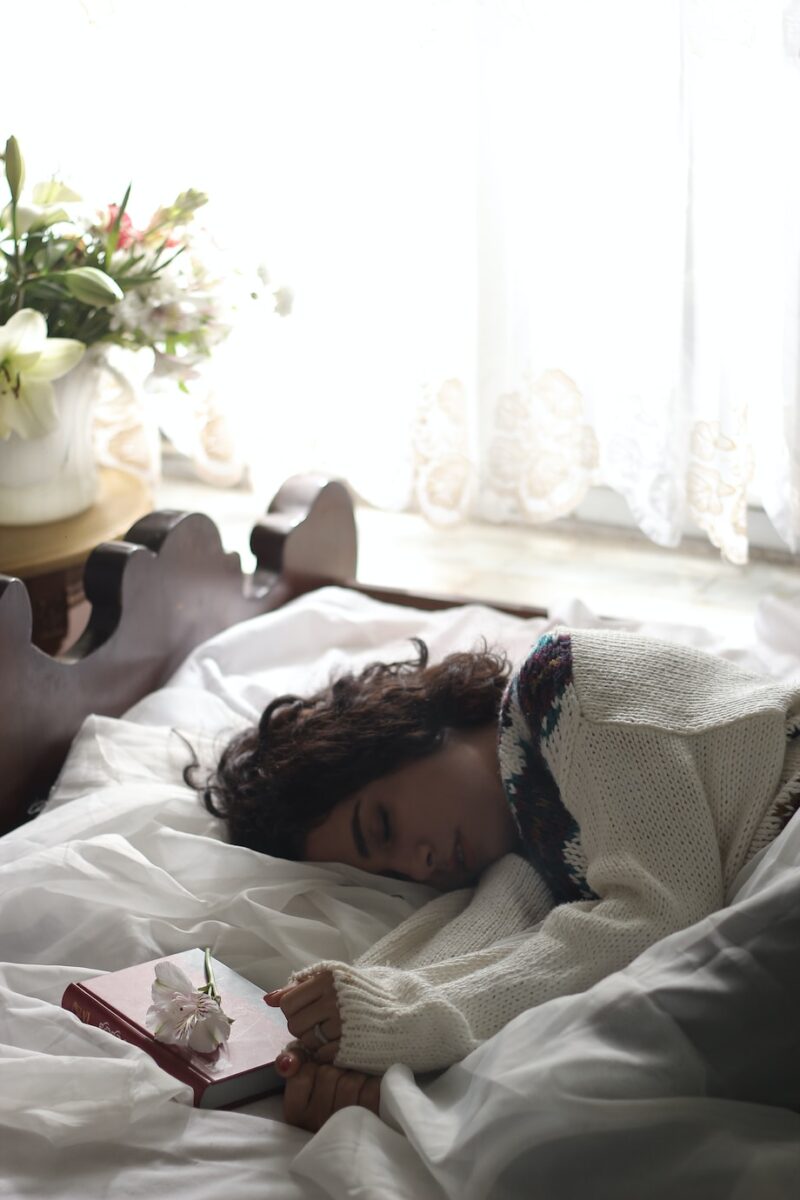
For a mattress that’s too hard, add a memory foam bed topper. For your money, it’s the best material to sleep on, as it gives where you need it to, conforming to your body while supporting your spine and joints. For some, a foam bed topper is enough though, so do your homework and find the solution that works best for you.
For a mattress that’s too soft, you probably do need a new mattress. Depending on its quality, your mattress should be replaced, on average, every 7 to 10 years.
Dreamy Bedding and Furniture
You likely spend about ⅓ of your life sleeping, so shouldn’t your bed be a place of comfort? Soft, skin-pleasing bedding is the perfect complement to a “just right” mattress, so indulge yourself in bedding that feels like a dream every time you lay down for the night. Opt for a soft, breathable material like cotton to keep you comfortable without overheating.
Your bed isn’t the only part of your room you should make comfortable though. If you’re someone who likes to read before bed, or journal with a cup of herbal tea, make sure the furniture you’re relaxing in is just as comfy as your bed. You can find luxury furniture at affordable prices so your bedroom feels high-end without putting you beyond budget. So get rid of that old arm chair that hurts your back and find a new one that’s stylish and supportive.
Living Greenery
When Valentin Lebedev went to space as the sole occupant of a space capsule, he didn’t go alone. He went with living greenery. And he returned to earth singing the praises of plants! Many types of plants can deliver incredible benefits for those who have difficulty sleeping.
With the current trend to biophilic spaces, you’ll not only be getting a peaceful night’s sleep, your home will be decorated in one of the biggest interior design trends out there. House plants bring beauty, additional oxygen, and sometimes even fragrance into your sleeping space. You’ll enjoy lower blood pressure, too!
Temperature and Light
Your bedroom should be cool and dark. Too warm and you’ll be tossing and turning all night. Crack a window to let in fresh air and turn down the thermostat, but there’s a temperature range you should stick to in order to derive full benefit.
Security lights, street lights, commercial signage, and the headlights of cars can prevent you from going to sleep or staying asleep, so eliminate those problems by covering your windows with curtains that don’t let any light in. Black out curtains keep out ambient light, allowing you an undisturbed sleep. Buy fabric curtains instead of those lined with PVC, which presents health risks.
Reduce Blue Light
Ambient light isn’t the only light problem in the bedroom. Blue light is also a problem if you struggle with getting to sleep at night. I know that many consider watching television in bed a treasured part of life but the blue light emitted by electronic screens can interfere with the sleep cycle, preventing the release of melatonin. That means televisions, laptops, Kindle devices, cell phones and tablets should be removed from your bedroom if you’re having trouble sleeping.
Keeping electronics out of your sleep sanctuary, especially for the several hours before you slip under the covers, promotes a more restful sleep. So, turn off the television well before bed. Take a hot shower or a relaxing bath. Use the time you’d usually spend looking at devices or television reading a book or a magazine.
Create Your Sleep Sanctuary
Good sleep contributes to your total health and wellbeing. Without enough sleep, you can’t function on all cylinders to crush the day. Making your bedroom an intentional sleep sanctuary creates the ideal conditions for getting the night’s rest you need to be at your best.



